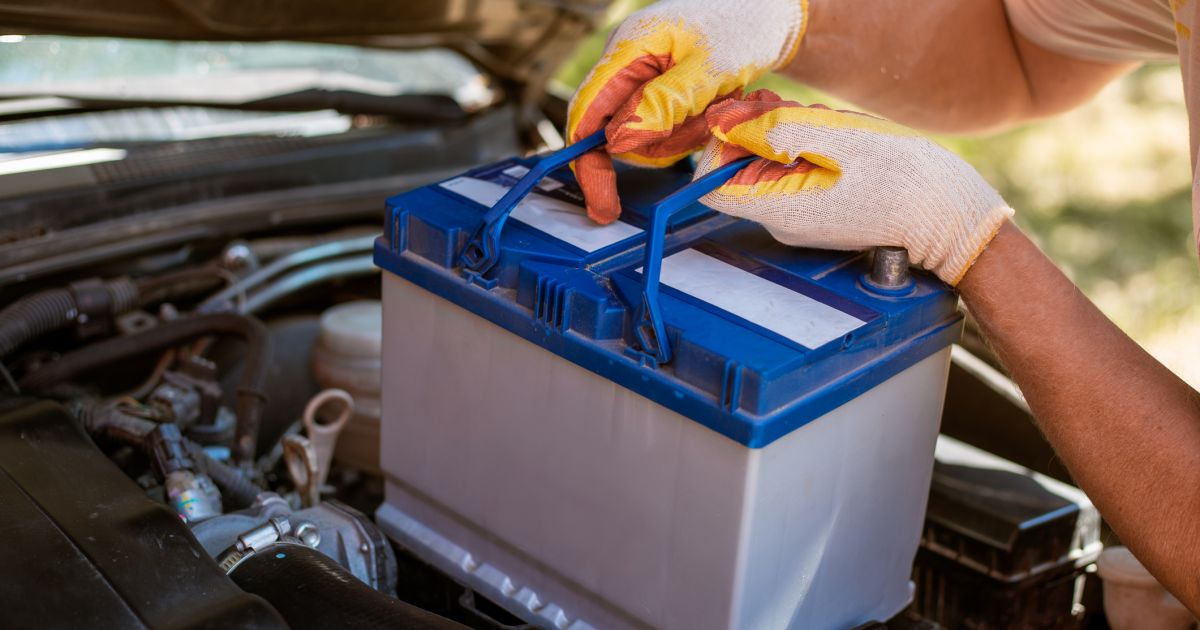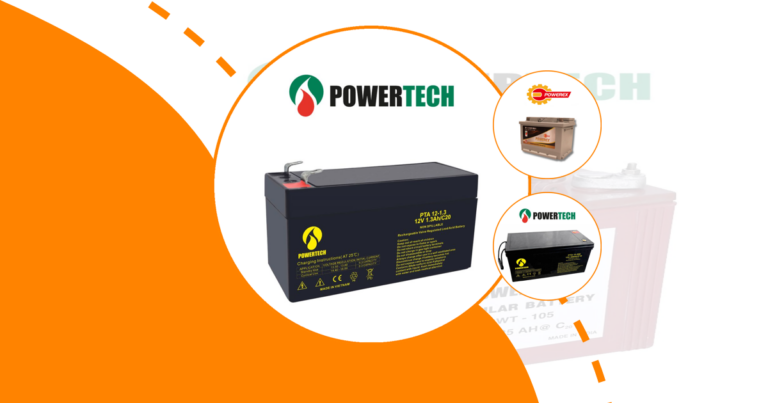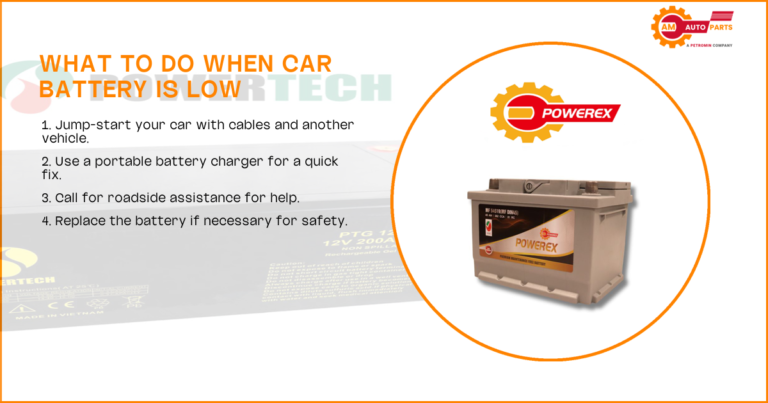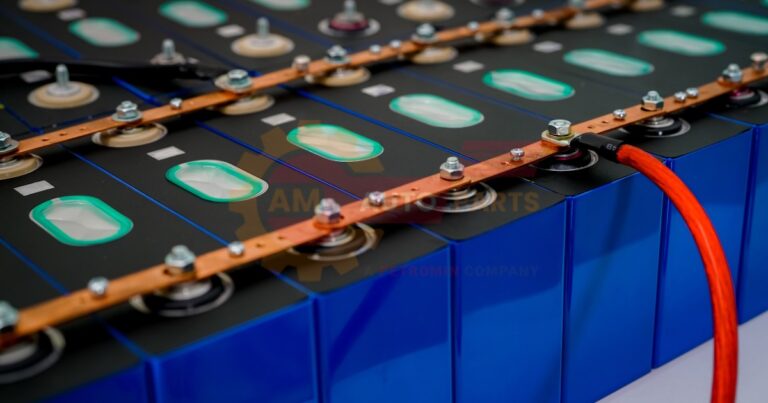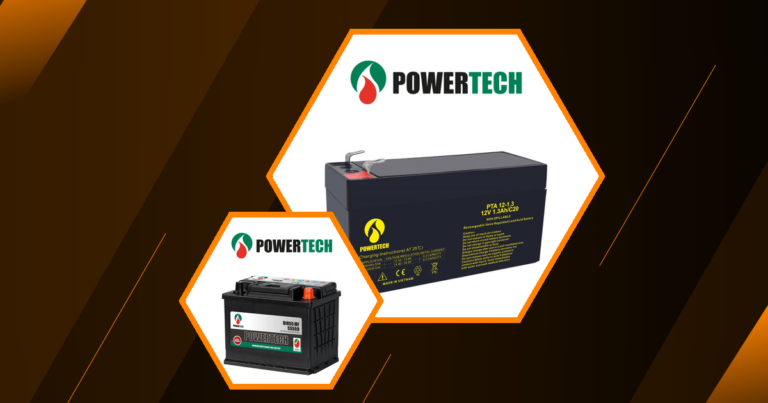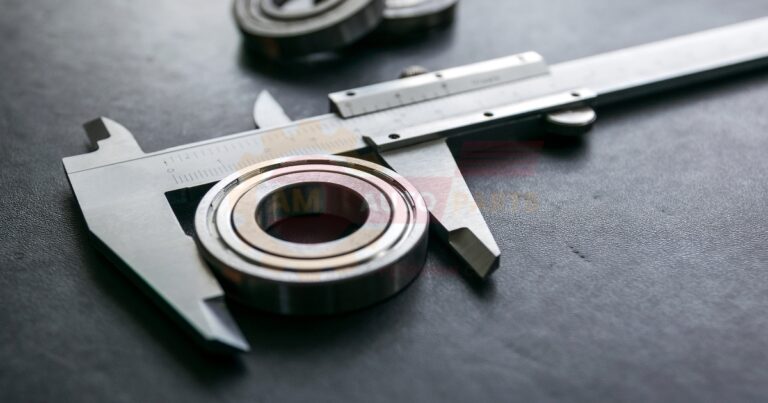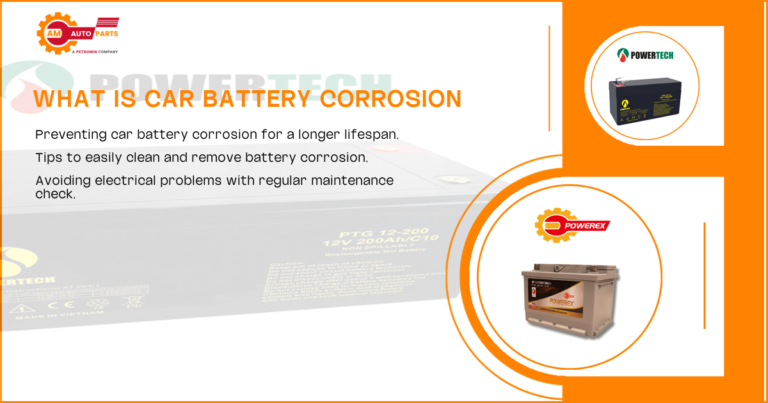The extreme heat in UAE puts extra strain on automotive batteries , shortening their lifespan through faster corrosion of the plates inside. Plus, the abundance of high-drain accessories in luxury vehicles here necessitates batteries that can provide ample power.
Choosing the right type of car battery is crucial for reliable performance in Dubai’s taxing climate. There are several major types of automotive batteries on the market today, each with strengths and weaknesses that make them more or less suitable for UAE.
This article examines the most common options for automotive battery types and their key characteristics. Choosing the right one will help ensure your car or truck keeps running even as the mercury rises.
Lead-Acid SMF Batteries
Lead-acid batteries are the most affordable and widely used type of automotive battery. They use lead electrodes and sulfuric acid as the electrolyte. Here are the key features of lead-acid batteries:
Key Characteristics
- Inexpensive compared to other battery types
- Proven and reliable technology
- Short lifespans of 2-4 years
- Require regular maintenance to prevent sulfation
- Not designed for frequent deep discharging
Common lead-acid battery types include flooded, valve-regulated lead acid (VRLA), and absorbed glass mats (AGM).
Lithium-Ion Batteries
Lithium-ion (Li-ion) batteries are growing in popularity for automotive EV Applications. They offer higher energy density, faster charging, longer lifespans, and reduced weight compared to lead-acid. Disadvantages include higher upfront costs and possible fire risks if damaged or defective.
Key attributes of Li-ion car batteries:
- High energy density enables long electric vehicle range
- Fast charging capability
- Long lifespans of 5-10+ years
- Lighter weight than lead-acid
- Cost is 2-3x more than lead-acid
- Sensitive to high temperatures and overcharging
Nickel-Metal Hydride Batteries
Nickel-metal hydride (NiMH) batteries offer a compromise between lead-acid and lithium-ion. They have higher energy density than lead-acid but lower cost than lithium-ion. Drawbacks include mediocre lifespans and high self-discharge.
Key NiMH battery characteristics:
- Moderate energy density
- Inexpensive compared to lithium-ion
- Lifespans of 2-5 years generally
- Prone to high self-discharge when stored
- Not suitable for frequent deep discharging
NiMH batteries are commonly used in hybrid electric vehicles (HEVs).
Lead Acid -Absorbed Glass Mat Batteries
Lead acid-absorbed glass mat (AGM) batteries are a subtype of lead-acid SMF batteries. They use fine fibreglass mats to absorb and immobilise the sulfuric acid electrolyte. Benefits of lead-acid AGM Battery include:
Key Characteristics:
- Enhanced resistance to vibration and shocks
- Reduced risk of acid spills
- Faster charging and improved cold-cranking amps
- Extended lifespans in some cases
The downsides of AGM batteries include higher costs and some lifecycle limitations compared to lithium-ion. But they offer a durable lead-acid battery option.
Maintenance Tips
Proper maintenance is key to maximizing automotive battery lifespan and performance. Here are some key maintenance tips:
1. Regularly check battery posts and cable connections to remove corrosion.
2. Avoid exposing batteries to high heat whenever possible
3. For lead-acid batteries, check electrolyte levels and top up with distilled water as needed
4. Clean dirt and grime from battery cases to prevent self-discharge
5. Consider using a battery tender/trickle charger when the vehicle will be stored for long periods
Following the manufacturer’s recommendations for inspection, testing, and preventative maintenance based on battery type. This helps avoid issues like sulfation and loss of cranking power over time.
What Are The Signs It’s Time To Replace The Battery?
As batteries wear down from age and use, certain warning signs indicate replacement should be on the horizon:
- Difficulty starting the engine
- Dimming headlights when idling
- Reduced cranking power and slower starts
- Frequent need to jump-start the vehicle
- Cracked or bulging battery case
- Corroded battery terminals
- Failure to hold a charge over extended storage
Comparison of Automotive Battery Types
The following is a comparison between different types of batteries, which will help you decide which ones are better.
| Battery Type | Typical Lifespan | Performance | Other Notes |
| Lead-acid SMF | 2-4years | Poor energy densityMediocre cold cranking ampsProne to sulfation | Requires regular maintenanceInexpensive and reliable option |
| Lithium-ion | 5-10+ years | Excellent energy densityFast charging capabilities for EV | Sensitive to damage and highly expensive upfront cost |
| Nickel-metal hydride | 2-5 years | Better than lead-acid lower than lithium-ion for EV | Prone to self-discharge when storedNot suitable for frequent deep cycling |
| Lead Acid -Absorbed glass mat | 3-8 years | Enhanced durability and shock resistance, faster charging than flooded lead-acid SMF | Lifecycle limits compared to lithium, higher cost than flooded lead-SMF Batteries |
The table provides a comparative overview of different battery types, focusing on their typical lifespan, performance characteristics, and other notable features. This comparison is crucial for understanding the suitability of each battery type for various applications. Ideal car voltage A car battery should have about 12 to 14 volts for the vehicle to run properly
Conclusion
When selecting an automotive battery, key factors are upfront cost, expected lifespan, performance needs, maintenance requirements, and operating conditions.
Lead-acid batteries offer an affordable and proven option, while lithium-ion provides maximum longevity and power at a higher price. Speak to an automotive battery supplier to determine the best match for your vehicle.
AM Autoparts offers a full range of automotive batteries for vehicles in the UAE. Contact our team today for a customised battery replacement or upgrade quote . We carry leading battery brands and provide expert installation.
